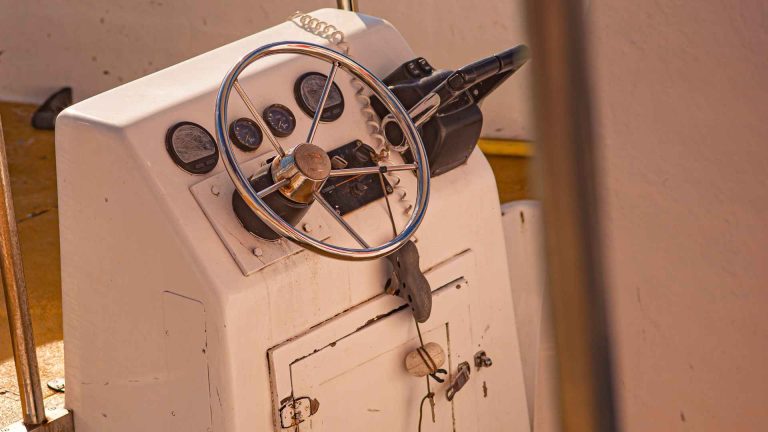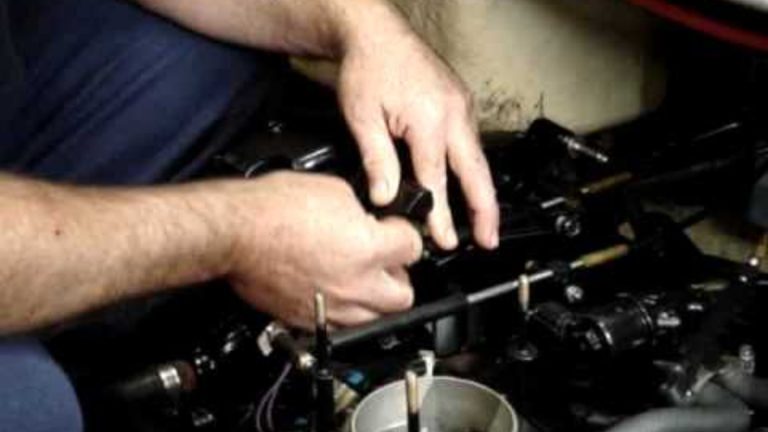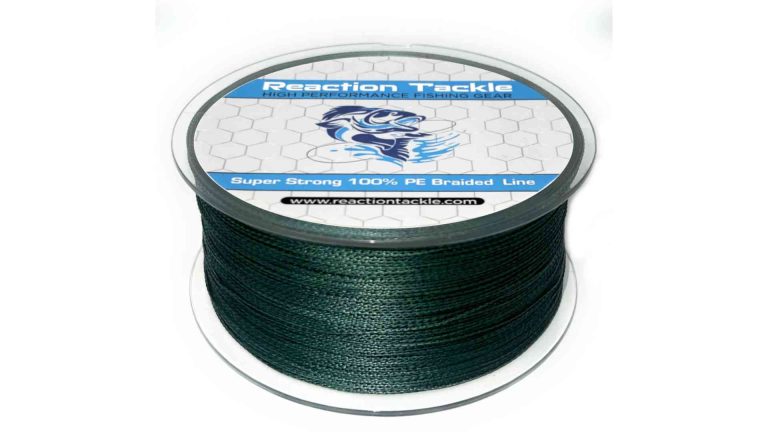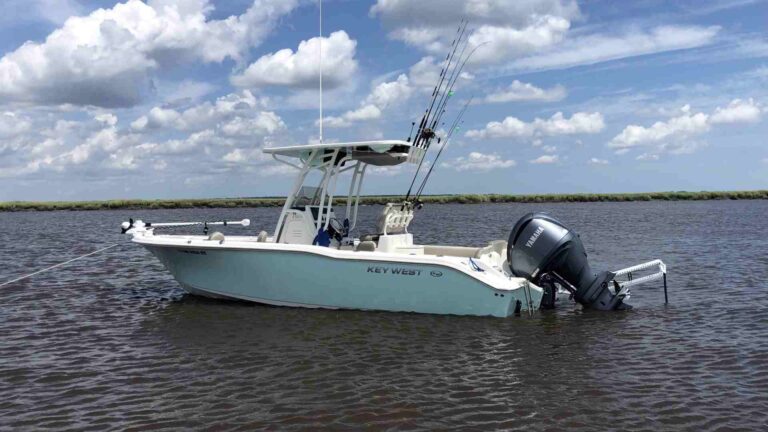Are Blue Wave Boats Good & Reliable Enough to Own?
Blue Wave boats, with their distinctive lines and focus on affordability, often entice both seasoned fishermen and budget-conscious boaters seeking adventure on the water. But before casting off with a Blue Wave, let’s chart a course through the choppy waters of reputation and reality, asking the crucial question: are Blue Wave boats good and reliable enough to own?
Sunlit Shores of Blue Wave:
- Budget-Friendly Bliss: Compared to many fiberglass brands, Blue Wave offers competitive prices, making boat ownership more accessible to those who might otherwise be priced out of the fun. This affordability opens doors for many.
- Diverse Fleet: Blue Wave caters to a variety of needs with a broad range of models, encompassing bay boats, center consoles, flats boats, and even offshore-capable options. This allows you to find a Blue Wave that suits your preferred activities and terrain.
- Rugged Construction: Blue Wave boasts strong, all-welded aluminum construction, making their boats resistant to bumps, scrapes, and the occasional encounter with underwater obstacles. This durability appeals to adventurous boaters who tackle diverse environments.
- Shallow Water Savvy: Many Blue Wave models feature shallow-V or flat hulls, making them ideal for navigating rivers, marshes, and backwaters inaccessible to deeper-draft boats. This opens up a wider range of exploration possibilities.
- Simple Maintenance: Aluminum construction generally requires less maintenance than fiberglass, simplifying upkeep and potentially reducing long-term costs. This appeals to busy boaters who prioritize time on the water over extensive maintenance.
Hidden Reefs to Consider:
- Rough Ride: Compared to fiberglass boats, Blue Wave’s aluminum hulls can transmit the bumps and waves more directly, leading to a less comfortable ride, especially in choppy conditions. This might not be ideal for long trips or those prone to seasickness.
- Limited Speed and Performance: While some models handle well, some Blue Wave boats, especially the flat-bottomed ones, don’t offer the same speed or cutting-edge performance as some fiberglass counterparts. Consider your need for speed and handling before selecting a model.
- Storage Constraints: Some Blue Wave models, particularly flats boats and skiffs, can offer less built-in storage compared to larger fiberglass boats. This might be a concern for longer trips or those who require substantial onboard storage space.
- Resale Value: While generally holding their value well, Blue Wave boats might not experience the same resale appreciation as some established fiberglass brands. Consider this if you plan to eventually sell your boat.
- Limited Warranty: Compared to some competitors, Blue Wave’s warranty coverage might be less extensive. Carefully review the warranty terms before committing to a purchase.
Should You Set Sail with a Blue Wave?
The answer depends on your priorities and boating style. If you prioritize affordability, rugged construction, shallow water capabilities, and simple maintenance, and are comfortable with a potentially rougher ride, limited speed, and less storage space, then a Blue Wave could be your perfect catch. However, if you seek a smoother ride, high performance, extensive storage, exceptional resale value, or comprehensive warranty coverage, other brands or fiberglass options might be better suited.
Before setting sail with a Blue Wave, consider these tips:
- Set your budget and prioritize your needs.
- Compare Blue Wave models to similar boats from other brands, considering both price and performance.
- Research the warranty coverage and service options in your area.
- Talk to current Blue Wave owners to get firsthand feedback on specific models and their experiences.
- Test drive different models if possible to experience the ride and handling characteristics.
Blue Wave boats offer an attractive entry point into the world of boating, with affordability, durability, and shallow water prowess appealing to many. However, their potential rough ride, limited performance, storage constraints, and resale considerations require careful consideration. Choose the boat that best aligns with your priorities and comfort level, and chart a course for unforgettable nautical adventures. Remember, smooth sailing often comes from informed choices, so navigate wisely!
Bonus Tip: Attend boat shows and demo days to experience Blue Wave boats firsthand and compare them to other options. Talk to manufacturers and experienced boaters to get informed advice specific to your needs and preferences.
Happy boating!
Share Are Blue Wave Boats Good & Reliable Enough to Own? with your friends and leave a comment below with your thoughts.
Read Why is Boat Hydraulic Steering Hard to Turn? until we meet in the next article.






